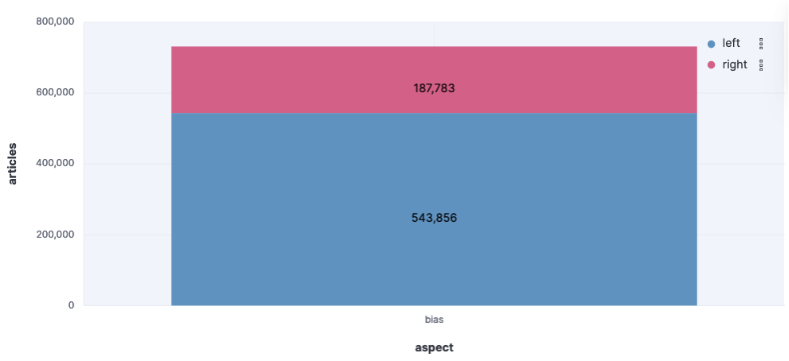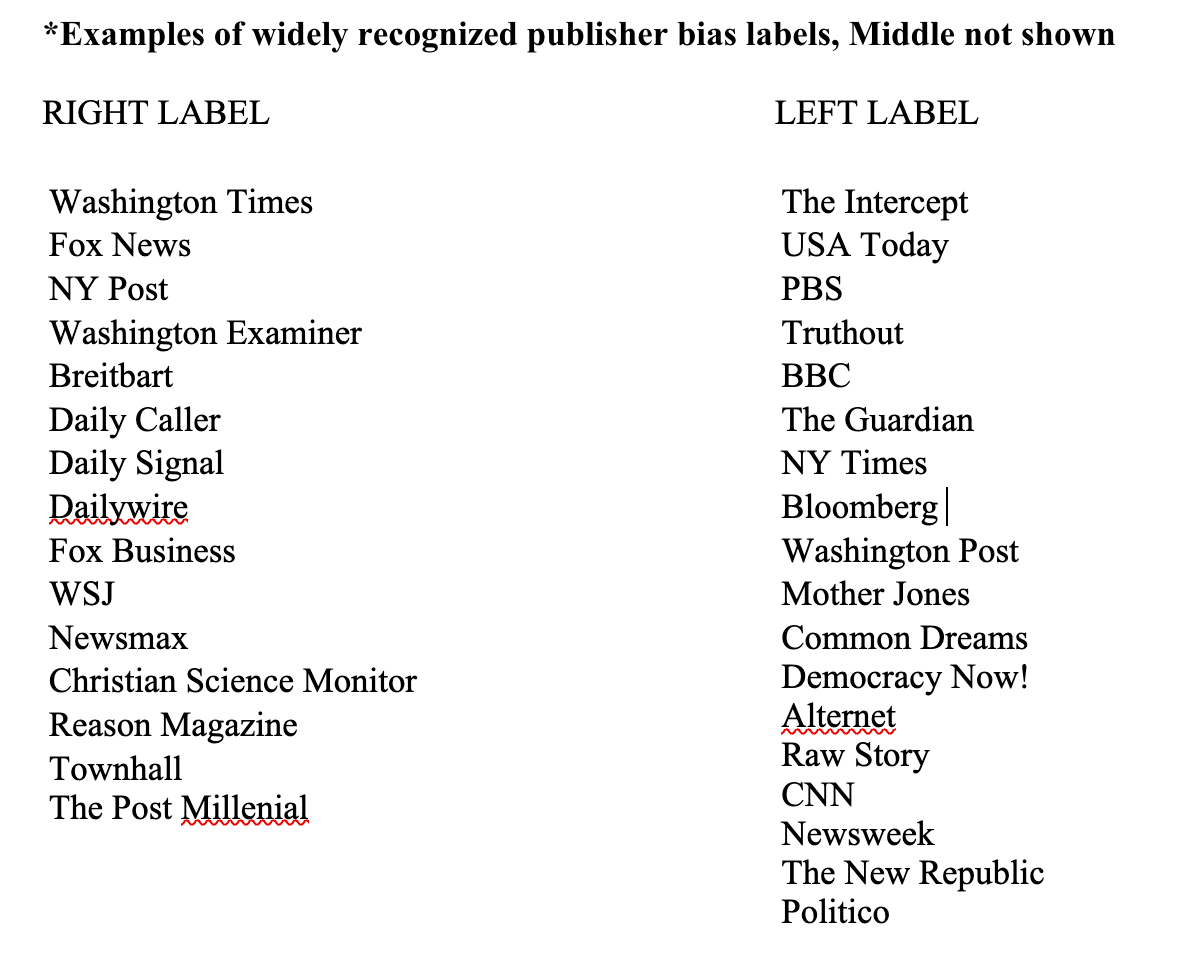The opening salvo of Freespoke’s Technology Manifesto is as true today as it was before generative AI upended Google’s search monopoly:
In today’s world, technology plays a significant role in how we find and share information. The search index acts as a gatekeeper of knowledge, guiding billions of people towards answers that shape views and influence decisions. And, with widespread surveillance and data profiling on the rise, concerns about privacy and access to unbiased information continue to grow louder.
Most search platforms, despite being crucial tools for discovery, face conflicts of interest that can compromise user value. Their business models depend on tracking user behavior to build detailed shadow profiles that fuel targeted ads and predictive algorithms. As a result, user data becomes a commodity, searches are manipulated for profit or control, and privacy is compromised.
The search index has trained AI chatbots and powers up-to-date AI conversations. While the concerns about privacy and access to unbiased information continue to grow louder still.
Stanford and MIT document the concern, respectively:
“Both Republicans and Democrats think LLMs have a left-leaning slant when discussing political issues.”
“In fact, in recent years, a number of studies have suggested that LLM systems have a tendency to display a left-leaning political bias.”
Here is a data point that helps explain why. Over an average 30-day period, nearly three times more content is published by left-leaning outlets than by right leaning outlets.
First, how does Freespoke label content? Freespoke aggregates publisher bias ratings from widely accepted methodologies including Allsides and Ad Fontes to bring easily recognizable labels. As our index continues to outgrow the public ratings, we are building partnerships to provide comprehensive and ever-expanding context around the publishers and podcasts you’re consuming.*See examples of widely recognized publisher bias labels below.
Number of labeled publishers? Freespoke indexes tens of thousands of outlets publishing news content. Of these, 1424 are labeled by one of our accepted rating methodologies as right-leaning, and 1022 are labeled as left-leaning.
Volume of published content? In a 30-day period 187,783 right leaning articles are indexed, while 543,856 left leaning articles are indexed. The volume of content coming from left leaning publishers overwhelms the flow of indexed content.
Assuming no leftward bias amongst Big Tech companies, and positing that the large language model designers are good actors without political motives, this imbalance of published content would on its own result in an overweighting of LLM answers towards a left-leaning perspective.
At Freespoke, we even the field through design. By surfacing different viewpoints side-by-side – we keep one side from being buried. The bias is eliminated by providing the full range of debate on the issue. As a result, we give you the full truth that comes from having a full perspective.
Our AI answers are optimized to focus on identifying areas of consensus and division. At a glance Freespoke gives you the opportunity to see all the differing perspectives on any issue.
And, to ensure no perspective is ignored, Freespoke doesn’t just pull in traditional media sources. We include perspectives from non-mainstream and new media (podcast) sources as well.
If you only know half of the story, you are more likely to be manipulated by a natural human tendency toward emotion and bias originally designed to keep us safe. As we’ve seen, this desire to avoid engaging with, or even acknowledging the humanity of one’s political opponent isn’t keeping us safe, it’s advancing the ongoing descent into political violence and chaos.
Don’t be told or manipulated into what you think. Think for yourself. Ask Freespoke.



Newsweek is in the wrong column.